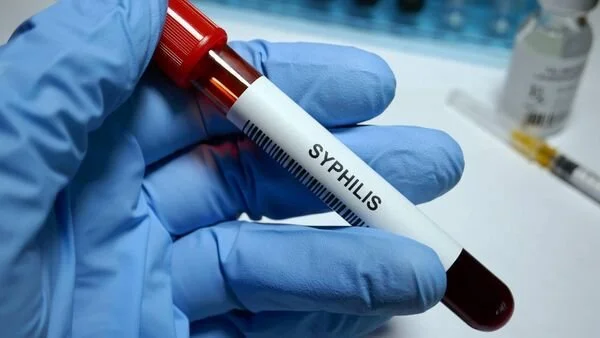Irish Examiner: HSE declares syphilis outbreak nationally as Limerick clinic 'flooded' with test requests
Figures for January to April show 245 cases, compared to 484 for all of 2018.
NIAMH GRIFFIN AND NICOLE GLENNON
A syphilis outbreak has been declared by the HSE, with sexual health clinics seeing a rise in cases and requests for testing kits.
Almost one in 10 cases are in the Cork/Kerry region, followed by the Mid-West region of Limerick, Clare and Tipperary North, with 4% of all cases. The remainder are in the Dublin, Kildare, Wicklow region.
A national outbreak control team, with members from the HSE and NGOs, is working to tackle the crisis.
Figures for January to April show 245 cases, compared to 484 for all of 2018.
A HSE spokeswoman said: "After a small decrease in cases in 2020, coinciding with the first wave of Covid-19, early infectious syphilis notifications are increasing once more and are exceeding the numbers observed in 2019 and previous years.”
Early diagnosis crucial
Communications and engagement lead with the Sexual Health Centre in Cork Olivia Teahan said early diagnosis and treatment is crucial.
While the majority of cases in Ireland continue to be reported in males, there is an increase in female cases and in heterosexual transmission; 4.5% of confirmed cases in 2018 were reported in females, compared to 9% of confirmed cases in 2021.”
Ms Teahan said the condition is often asymptomatic, warning: “Many people with syphilis are unaware that they have it and will only be diagnosed after a syphilis blood test. If someone has had syphilis before, it is possible to get it again.”
The GOSHH (Gender, Orientation, Sexual Health, HIV) centre in Limerick has seen a rise in requests for rapid syphilis testing, community worker Ann Piercy said.
The test gives results in just 60 seconds, and people are referred to the HSE for full screening or treatment without a wait.
“We are flooded with requests for tests. I always ask what made them come and do the test, they would say mostly I’m worried about syphilis,” she said.
She sees people in their 20s and 30s from the heterosexual and gay communities. Many people come because they were alerted a previous sexual partner tested positive for syphilis, she said.
Like Ms Teahan, she urged people to get diagnosed and go for treatment.
“Syphilis is serious if it is not taken care of,” Ms Piercy said. “It is serious if it not treated within three months.”
Serious problems
Untreated syphilis can cause serious problems to the heart, brain, eyes and nervous system, and complications may take many years to develop. There are risks to the foetus if a pregnant woman has syphilis.
Ms Piercy said before the pandemic more people were diligent about testing but the closure of many clinics during the lockdowns has left people in a precarious situation.
Consultant in Genito-Urinary Medicine in the GUIDE clinic at St James’s Hospital Dr Aisling Loy said people think syphilis is “something from bygone years” but it’s actually “very, very prevalent and alive”.
She told Newstalk her team is treating a lot of cases and have been seeing “way more than we’re used to seeing”.
Only about 20% of people will have symptoms, she said.



